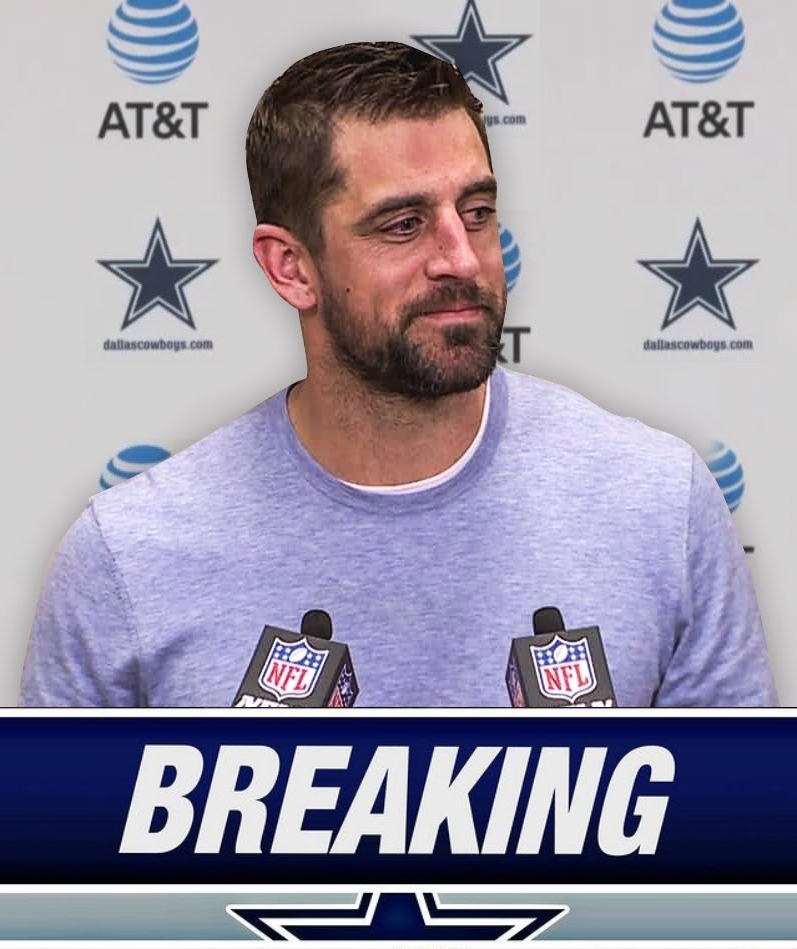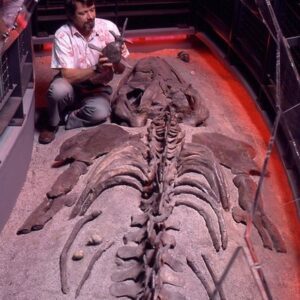
In the swirling vortex of speculation that has engulfed the New York Jets’ quarterback situation, a new, somewhat sensational theory has emerged – could Dallas Cowboys’ quarterback Dak Prescott be the answer to the Jets’ future quarterback conundrum?
The debate gains momentum considering Aaron Rodgers, the Jets’ current QB and a future Hall of Famer, skipped a mandatory team minicamp amidst various circumstances. Rodgers, who has an illustrious career behind him, faces questions about his durability and performance following a severe injury. Should he falter in his recovery, perform below expectations, or even contemplate retirement, the Jets may find themselves at a crossroads, making the proposition of acquiring Prescott not just wild speculation but a potential strategic move.

Dak Prescott, though often underappreciated and subjected to undue criticism, has demonstrated remarkable skills as the Cowboys’ quarterback. His consistent high performance, characterized by impressive stats including a completion rate of 69.5 percent for 4,516 yards, 36 touchdowns, and only nine interceptions in the 2023 season, alongside his contribution of 242 yards and two touchdowns running on the ground, make him an attractive prospect for any team seeking a quarterback who can deliver both in the regular season and hopefully beyond.

Critics of Prescott point to his track record in the postseason as a reason for pause, though it’s clear the blame for those playoff exits doesn’t rest on his shoulders alone. This persistent narrative, however, does little to diminish the appeal he might hold for the Jets, especially considering Rodgers’ advancing age.
Aaron Rodgers, who will be 41 in December, is nearing the twilight of his career. In addition to age, coming back from a torn Achilles is a formidable challenge for any player, let alone someone in their forties. Rodgers’ prowess on the field had already shown signs of decline even before his trade to New York, raising the stakes for the Jets to consider future contingencies.
Prescott, at 30, is not only significantly younger but is also arguably in the prime of his career. The stark contrast in age and current performance levels between Prescott and Rodgers presents a viable argument for the Jets to consider making a bold move, should the opportunity arise.
Despite the potential benefits, Aaron Rodgers carries with him an intangible value born of experience, leadership, and a proven track record of success, including four MVP awards and a Super Bacowl victory. These are qualities not easily replicated or replaced.
For now, the Jets’ best course of action seems to be to stay the course with Rodgers, given his potential to rebound to MVP form. Nonetheless, exploring the possibility of bringing Dak Prescott aboard is not without its merits, especially in scenarios where Rodgers is unable or chooses not to continue.
This scenario, while currently speculative, underscores the complexity of decision-making in the NFL, balancing the immediate need for performance against long-term strategic planning. As the season progresses, the Jets will likely keep their options open, monitoring both Rodgers’ recovery and Prescott’s situation in Dallas, ensuring they are prepared for any eventuality.





